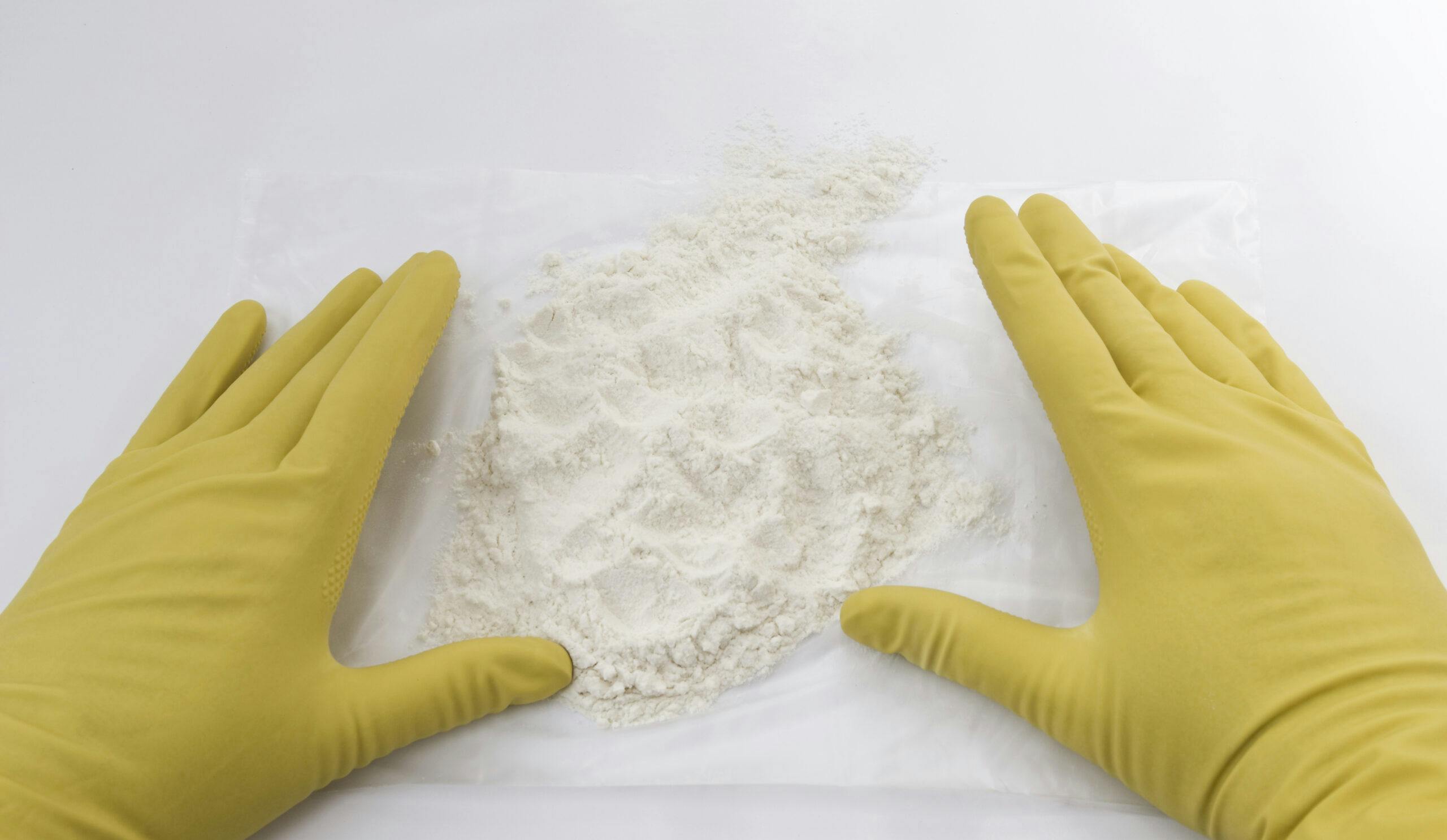
- Guide to Identifying Yellow Cocaine
- What Is Yellow Cocaine?
- Side Effects of Yellow and Other Cocaine Abuse
- Dangers of Yellow Cocaine
- How is Yellow Cocaine Used?
- Other Types of Cocaine
- Treatment Options for Yellow Cocaine Abuse
- cheap dark net market Healing Can Help With Cocaine Addiction
- Related Articles
Cocaine is a highly addictive drug that comes in many forms. Sometimes cocaine may appear yellow or yellow-tinted, which is known as yellow cocaine.
We dive into what makes cocaine yellow, the side effects of cocaine, and how to find help for cocaine addiction.
Are you or a loved one struggling with cocaine addiction? Zinnia Healing can help. Learn more about our inpatient rehab program here.
Meet our admissions team. Available 24/7
What Is Yellow Cocaine?Yellow cocaine is not a form of cocaine. Sometimes cocaine appears yellow for a number of reasons. The reasons vary based on the type of cocaine.
For example, powdered cocaine’s color can reveal whether there are cocaine cutting agents present. Cutting agents are used to dilute the impurities from cocaine, and before the cocaine is cut with diluents or adulterants, it will appear more yellow.
Once a cutting agent, like baking soda, is added, the cocaine will turn brighter white.
Other common cocaine additives include:
- Laundry detergent
- Cornstarch
- Laxatives
- Lactose
- Creatine
- Caffeine
- Boric acid
- Talcum powder
- Flour
- Sugars
- Amphetamines
- Fentanyl
- Local anesthetics, such as procaine
- Phencyclidine
- Levamisole (a medication to fight parasites)
- Ibuprofen
- Vitamin C
- https://cheapdarknetmarket.com/
Crack cocaine, the more potent freebase form of cocaine hydrochloride, can also appear yellow. The more yellow the cocaine or crack cocaine is, the purer it is because of the fewer additives and solvents it has.
Side Effects of Yellow and Other Cocaine AbuseNo matter the type of cocaine, the side effects are the same, including:
https://cheapdarknetmarket.com/product/yellow-cocaine-for-sale/
- Euphoria
- Anxiety
- Inability to sit still or concentrate
- Irritation
- Increased energy and decreased need for sleep
- Violent mood swings
- Abnormal heart rate
- Increase in heart rate
- High blood pressure
- Nosebleeds
- Headaches
- Decreased appetite and malnutrition
- Diluted pupils
- Tremors
- Psychosis
- Hallucinations
- Paranoia
- Seizure
- Coma
- Stroke
- Heart attack
- Sudden death
Get help before it’s too late. Contact Zinnia Healing’s helpline today at https://cheapdarknetmarket.com/ learn more about our cocaine addiction treatment programs.
Dangers of Yellow CocaineSo, what makes yellow cocaine dangerous? The addition of chemicals and illicit drugs, especially fentanyl which, significantly increases the risk of overdose, heart attack, and sudden death.
Some of the cocaine cutting agents also pose their own risks. For example, levamisole can be deadly when it’s mixed with cocaine.
The parasitic worm medication has pharmacological reactions with certain illicit drugs and prescription drugs, including cocaine, that can lead to the immune system to fail, resulting in death.
How is Yellow Cocaine Used?Like all of the different forms of cocaine, there are a few ways to ingest yellow cocaine.
Snorting is the most common way of ingesting cocaine when it is in powder form. You can also smoke yellow cocaine, but only when it is in the form of crack cocaine or freebase.
Cocaine users also dissolve the substance in water and inject it into their veins. When cocaine is mixed with other illicit drugs, like heroin, and then injected into a vein, it is known as speedballing.
Other Types of CocaineDifferent types of cocaine that are frequently abused include:
- Brown cocaine: This type of cocaine is made with a mixture of cocaine, amphetamines, and gunpowder. This dangerous concoction increases the risk of stroke and heart attack.
- Cocaine hydrochloride: Physicians prescribe this form of cocaine to numb the nose’s mucus membranes before surgery. It’s also abused as a recreational drug. Cocaine hydrochloride can be put directly on the skin.
- Crack cocaine: Crack cocaine is notorious for how addictive it is. When crack cocaine is smoked in a glass pipe, it causes the drug to quickly pass through the lungs and enter the central nervous system. This is how crack cocaine creates a strong — and highly addictive — high.
- Pink cocaine: Surprisingly, pink cocaine is not even cocaine. It is a slang term for synthetic phenylethylamine 2C-B, a designer drug that mimics the effects of LSD and MDMA. Pink cocaine is popular on the club and rave scene. This drug becomes exceedingly dangerous when it’s mixed with actual cocaine, alcohol, ecstasy, and other party drugs.
- Synthetic cocaine: This type of cocaine is extremely dangerous. You may have heard synthetic cocaine referred to as “bath salts,” which is what it’s known as on the streets. The reason it is so dangerous is that its side effects are unpredictable. It comes in many different forms, such as white powder, brown powder, crystals, and pills.
- Pure cocaine: Contrary to what it sounds like, pure cocaine is not cocaine that’s derived directly from the coca plant. It’s made via a complicated scientific process that works to remove impurities. The process creates cocaine that is much stronger than standard cocaine or cocaine that’s been cut.
The good news is that if you’re struggling with cocaine use, help is available. Treatment options include:
- Medical detox: During medically supervised detox, patients are monitored by a team of healthcare professionals while detoxing from drugs. Medication is often used to help mitigate the most severe symptoms of drug withdrawal.
- Inpatient treatment: Inpatient treatment offers patients a secure facility that’s monitored around the clock. This gives them access to 24/7 care while taking away triggers and the likelihood of relapse.
- Outpatient treatment: Outpatient treatment lets patients live independently and continue working or attending school while getting treatment in the evenings and/or weekends.
- https://cheapdarknetmarket.com/
